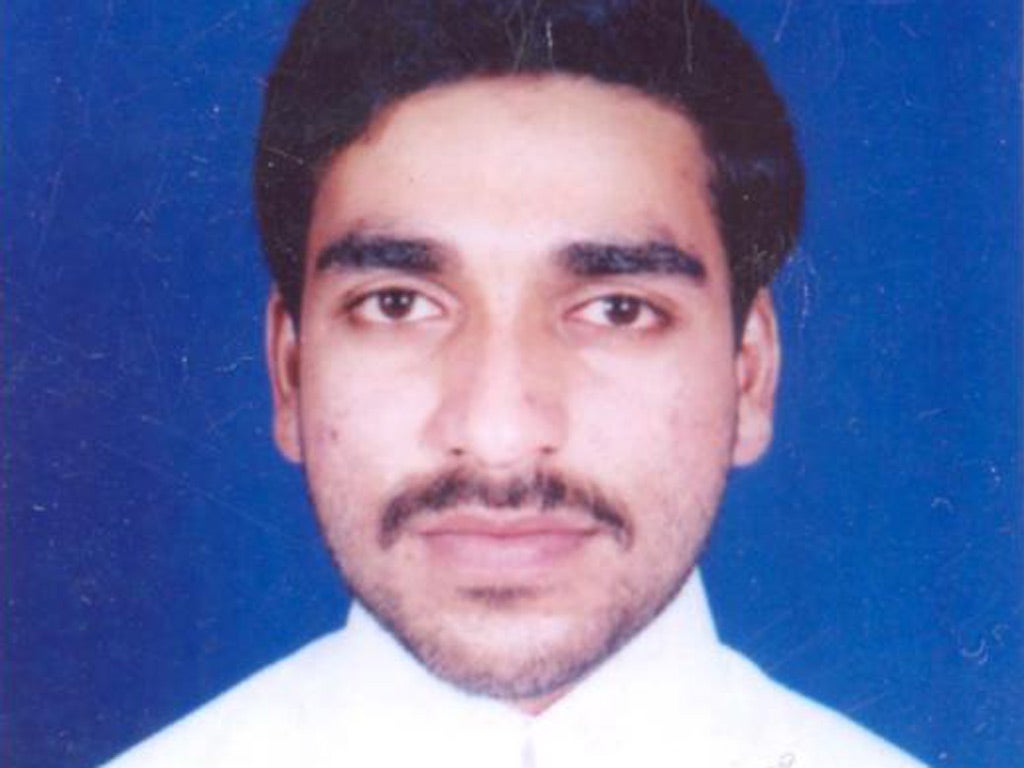MoD demands release of Pakistani man held in US

Ministry of Defence officials have demanded the release of a Pakistani man who has been held without charge by the United States military for the past seven years in a case that could sorely test British-American relations.
Yunus Rahmatullah was seized by British specials forces in Iraq in the early half of 2004 but was handed over to the American military. He was secretly transported to Bagram, a sprawling prison complex in Afghanistan that has played a pivotal role in the CIA’s controversial extraordinary rendition programme.
Britain only lets allies take prisoners if they sign a “memorandum of understanding” which allows the original arresting country full access to the detainee and the ability to return him to UK custody if requested.
If Washington refuses to hand over Mr Rahmatullah it would cast serious aspersions on how much the United States can be relied upon to stick to the deals it strikes with allies during times of conflict.
For years neither the British nor the Americans would admit that Rahmatullah, and a second Pakistani national Amanatullah Ali, had even been captured. Both men have been held incommunicado for the past seven years and have been refused access to a lawyer in a facility that is often dubbed “America’s second Guantanamo”.
Family members sought the release of Mr Rahmatullah by resorting to fourteenth century common law and applying for a writ of habeas corpus in a case that took years to come to court.
The UK government fought the application arguing that the 29-year-old was out of their hands and in American custody. The High Court initially sided with the Government but last week three senior judges sitting in the Court of Appeal ordered Foreign Office officials to present Mr Rahmatullah within seven days.
This morning [WEDS] Government lawyers went to court explaining that they could not produce the Pakistani national but insisted they had now written to American officials ordering his release.
In a letter dated 16 December, officials informed William Lietzau, the deputy assistant Secretary for Defence, that they would request Mr Rahmatullah’s freedom. “In light of the court’s decision, we request that the United States transfers Mr Rahmatullah to UK custody in order for him to be released,” the letter read.
The Government said today that it intends to take the case to the Supreme Court but it is still legally bound to continue securing Mr Rahmatullah’s release regardless of the outcome of that appeal.
Speaking to The Independent by telephone from Quetta, Mr Rahmatullah’s cousin Munir Ahmed, said his family had hoped he would be released immediately. “It has been very difficult for my family,” he said. “We don’t understand why he has been kept for so long. But we are pleased the English courts are doing what is right.”
Much now rests on Washington’s response, which is expected by 14 January.
Cori Crider, legal director of Reprieve, which has represented Mr Rahmatullah’s family, said: “If Washington says no it has huge ramifications for British American relations. It would show that any deal the US signs with its strongest ally is worthless and would also be in breach of the Geneva Conventions. Under international law Britain would also be complicit in that breach.”
The evidence against Mr Rahmatullah and Mr Ali has never been presented in public. It is known both were cleared by the US military for release in June 2010 but there have been no moves to free them. American officials initially stated they were part of Lashkar-e Taiba, a Sunni extremist militant group from Pakistan, but that evidence was thrown into doubt when it emerged that Mr Ali, a rice trader from the Punjab, is Shi’a – a sect that is loathed by LeT acolytes.
Tina Foster, an New York based lawyer who represents Mr Ali, has brought her own habeas corpus case in the American courts but has encountered much stiffer opposition from within the US judiciary. She now hopes the Rahmatullah case will force Washington’s hand.
“Hopefully this decision in the UK courts will prompt the US government to do what it should have done years ago and release these innocent men back to their families,” she said.
Join our commenting forum
Join thought-provoking conversations, follow other Independent readers and see their replies
Comments
Bookmark popover
Removed from bookmarks